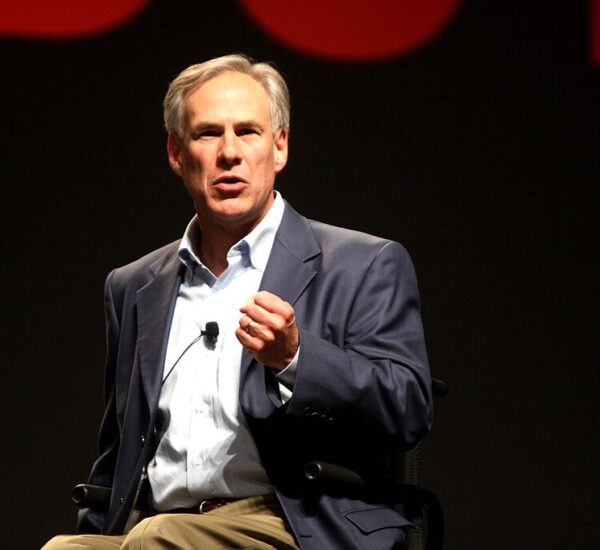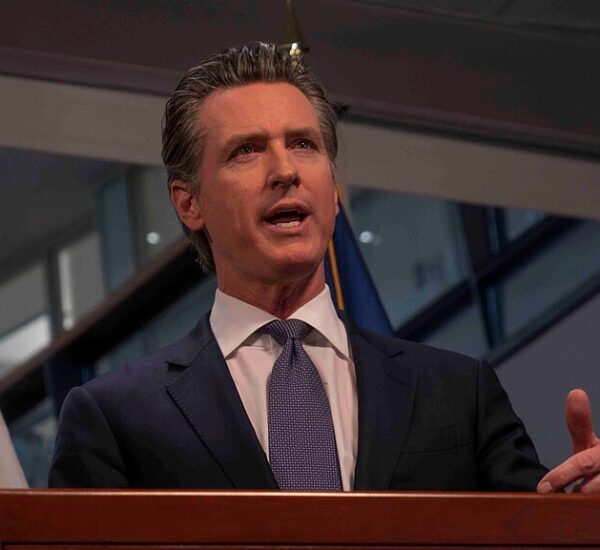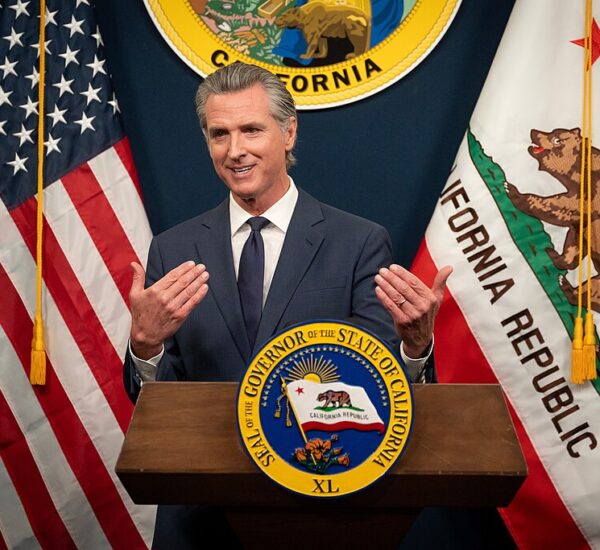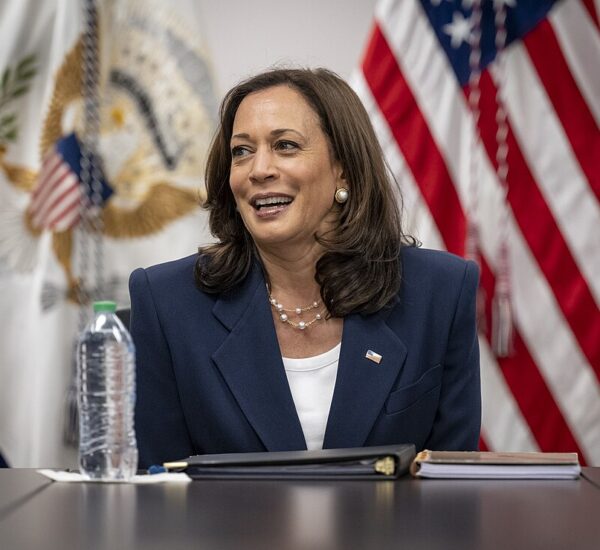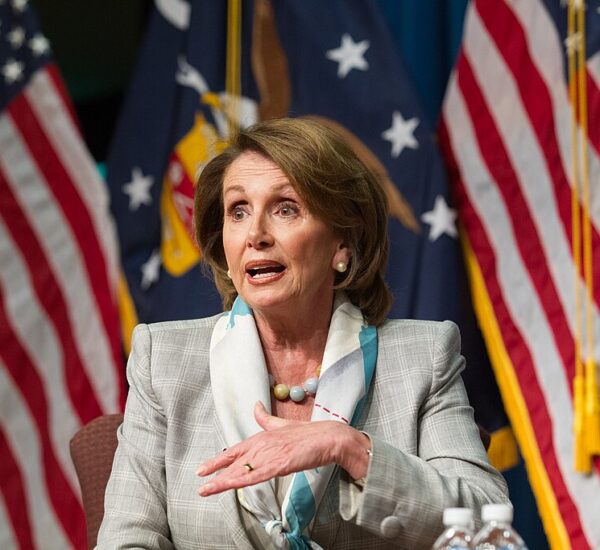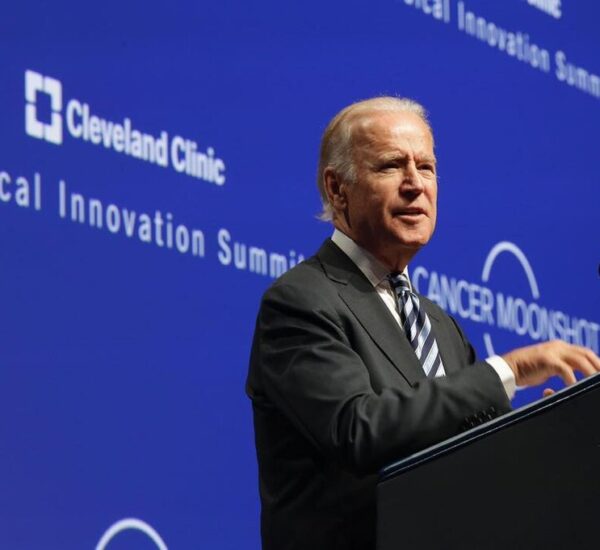Hollywood Star Issues Warning To Democrats
Comedian Zach Galifianakis recently took aim at the celebrity-driven endorsements prevalent in Democratic politics, advising Hollywood stars to stay out of political campaigns. Speaking candidly in an interview with Variety, the “Hangover” star voiced skepticism about the real impact of celebrity endorsements on voters, especially those in rural areas.
Galifianakis, who hails from a small town in North Carolina, expressed his concern that the Democratic National Committee (DNC) is overly reliant on Hollywood figures to sway public opinion. He noted that while celebrity endorsements may seem influential within entertainment circles, they don’t necessarily resonate with everyday voters across the country. “As someone from a small-town background, I believe the DNC could benefit from focusing less on celebrity influence,” Galifianakis remarked during the premiere of “Only Murders in the Building” Season 4.
His comments come at a time when the DNC is heavily featuring stars at their events. The convention in Chicago showcased a range of celebrities including Pink, known for her advocacy on LGBTQ issues, and The Chicks, who faced backlash in the past for their political statements. Musical acts like Common and John Legend also took the stage to promote social justice causes. Additionally, high-profile figures like Oprah Winfrey and actors Tony Goldwyn and Mark Hamill made appearances throughout the event.
On the other hand, Republicans had their share of celebrity involvement at their recent gathering in Milwaukee. The event included appearances by model and rapper Amber Rose, singer-songwriter Lee Greenwood, British actor Russell Brand, and reality TV personality Savannah Chrisley, whose family has been in the headlines for legal troubles.
As the political season heats up, the contrast in how each party engages with celebrities could influence voter perception. For many, the question remains whether star power translates into meaningful political influence or if it simply serves as a flashy distraction from the issues that truly matter to the American electorate.

